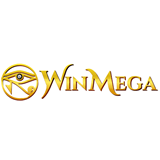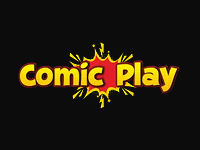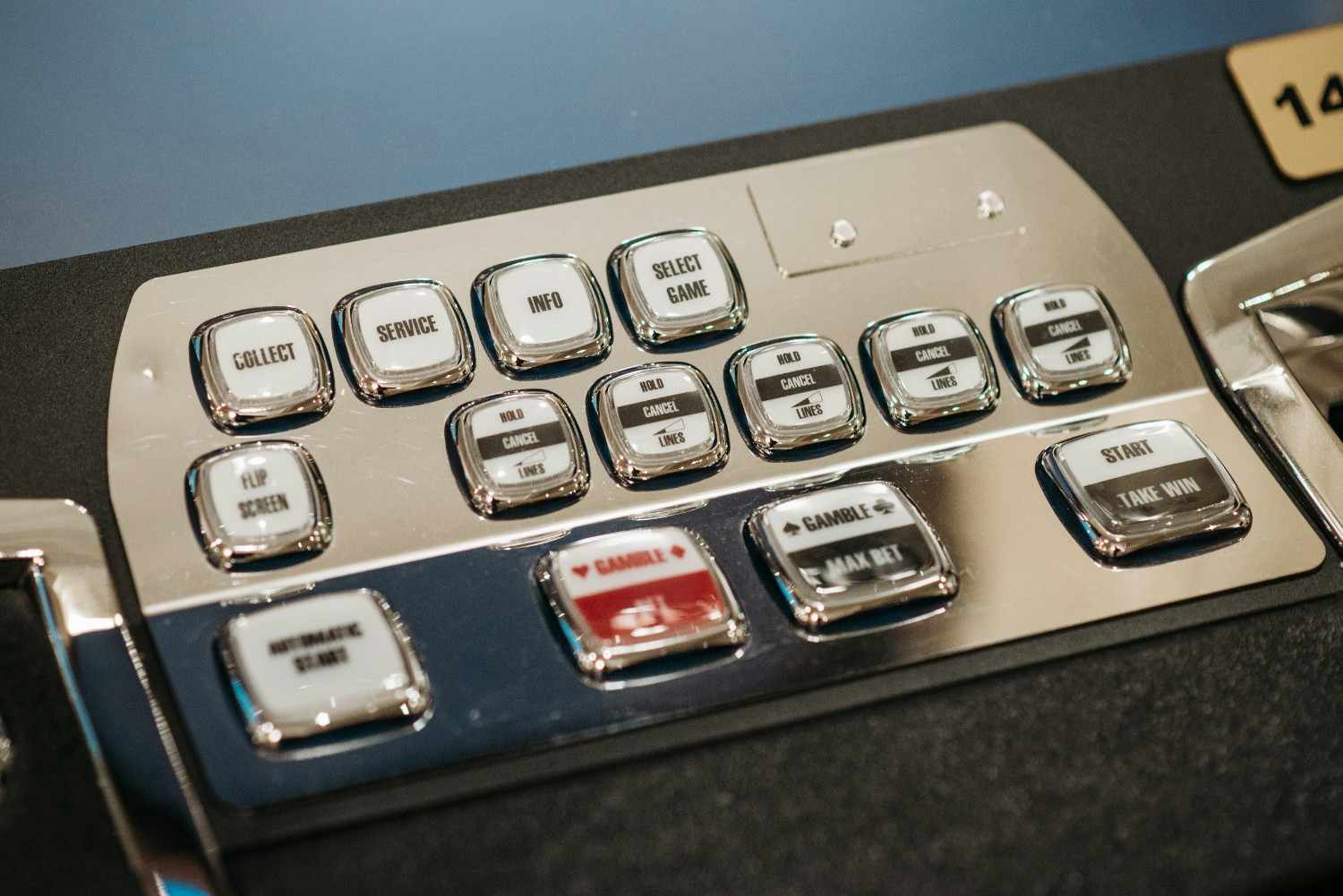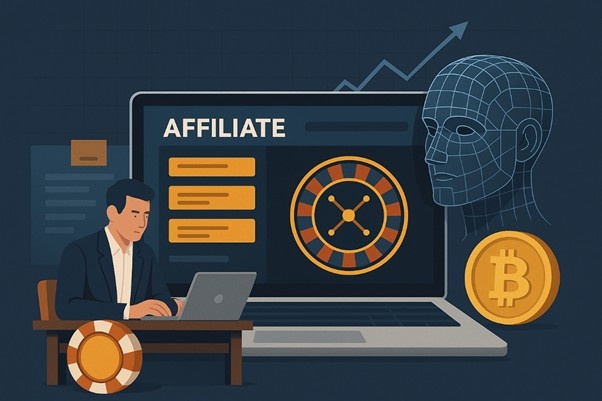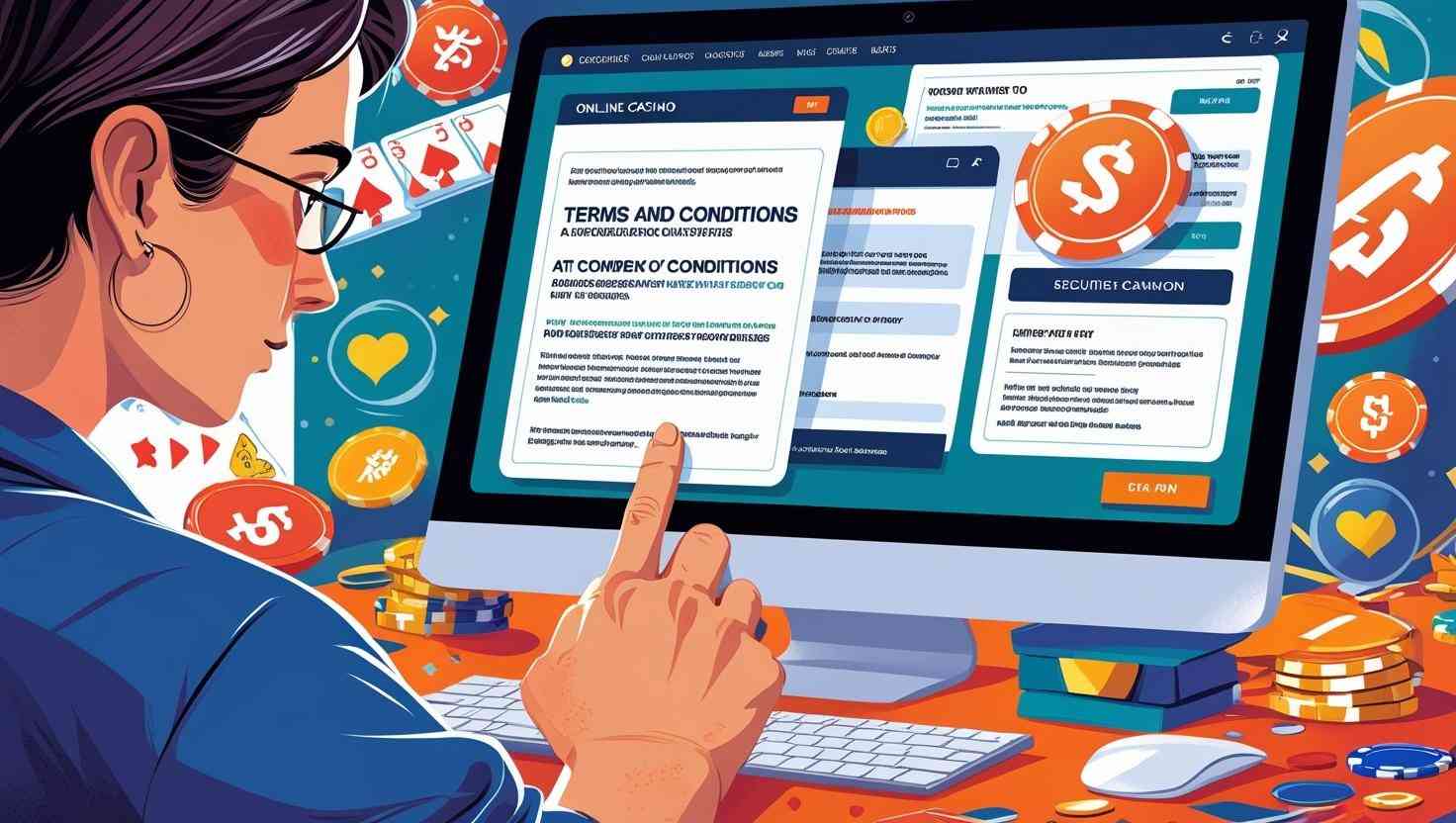Today’s gaming market is undergoing major changes where traditional licenses meet new challenges. At Goplay.se, players can compare different casino sites and their licenses, providing a good overview of available options. This development reflects the ongoing transformation of the European gaming market, where regulation is becoming increasingly complex.
Swedish gaming authority and licensing
The Swedish gaming market underwent extensive re-regulation in 2019 through the introduction of a new gaming law. On sites like Goplay.se, players can compare different casino sites and their licenses (including casinos without Swedish license), providing a good overview of available options.
“We see increasing interest in casinos operating with international licenses. Players want more freedom and flexibility in their gaming while valuing security and reliability,” explains Wille P, experienced writer at Goplay.se. As the leading comparison site for casinos without Swedish license, Goplay.se offers comprehensive and unbiased reviews, security analyses, and updated information about different license types.
Swedish operators must meet rigorous requirements regarding marketing, gaming responsibility, and money laundering. The 18% tax on net gaming goes directly to the state treasury, generating significant revenue for society. For players, this means strong consumer protection with tools like gaming breaks and self-exclusion registry.
The Gaming Inspectorate (Spelinspektionen) conducts regular checks and can issue warnings or fines to operators who break the rules. The license fee for Swedish operators starts at 450,000 SEK for the first year. Marketing must be moderate and cannot target minors or people who have self-excluded from gaming.
Gaming companies must also have systems to detect and prevent money laundering and problematic gaming behavior. This includes limits on deposits, losses, and playing time that players can set themselves. Swedish licenses only apply to the Swedish market.
Malta’s position as gaming capital
Malta has established itself as Europe’s premier gaming capital with over 300 licensed gaming companies. The Malta Gaming Authority (MGA) has developed comprehensive regulations that have become a global industry standard. The MGA is a highly sought-after licence, and casinos with an MGA licence have a free-flowing access to several European markets.
The licensing process in Malta is divided into different categories depending on the type of gaming services offered. Fees start at 25,000 euros per year for a basic license. Gaming companies must have physical presence on the island and meet strict requirements for capital and technical infrastructure.
MGA sets high standards for transparency and player protection. Operators must have systems for age verification, player restrictions, and handling gambling addiction. All player data must be stored securely and regular technical audits are conducted.
The gaming sector contributes approximately 13% to Malta’s GDP and employs thousands of people. The island has built an ecosystem of services around the gaming industry, including financial services, IT support, and legal advice. This has made Malta a natural choice for many gaming companies.
British gaming authority’s high standards
The UKGC is considered one of the world’s most respected gaming authorities. British licenses are known for their comprehensive requirements for consumer protection and responsible gaming. The UK has introduced increasingly strict rules in recent years to combat gambling addiction.
The licensing process at UKGC is rigorous and can take several months. Operators are thoroughly examined regarding financial stability, competence, and previous operations. License costs vary depending on turnover and type of games offered.
British gaming licenses require extensive reporting and regular checks. Gaming companies must have dedicated teams for compliance and customer service. Marketing is strictly regulated and bonus offers have been heavily restricted.
UKGC has also been leading in developing tools for self-exclusion and gaming control. The GAMSTOP system allows players to exclude themselves from all licensed gaming companies simultaneously. The authority regularly issues fines to operators who break the rules.
Gibraltar as attractive gaming hub
Gibraltar has developed a niche position in online gaming focusing on larger, established operators. The jurisdiction offers competitive tax rates and an efficient licensing process. The absence of VAT makes Gibraltar particularly attractive for gaming companies.
Licensing through Gibraltar Gambling Authority (GGA) provides access to the British market through special agreements. The authority has a reputation for being accommodating while maintaining high requirements for operator integrity and financial stability.
Gibraltar requires licensed gaming companies to have significant physical presence on the peninsula. This has led to the development of a local ecosystem with specialized services for the gaming industry. The jurisdiction particularly attracts B2B suppliers and larger gaming brands.
License fees are competitive compared to larger jurisdictions like the UK. Gibraltar has also developed special rules for cryptocurrencies and blockchain-based games, demonstrating a forward-looking approach to regulation.
Emerging Eastern European markets
Romania has established itself as a key player in Eastern Europe through the Romanian National Gambling Office. As one of the younger regulatory bodies issuing licences to the best EU casinos, the RNGO has developed transparent regulations carefully balancing growth with consumer protection. The licensing process is efficient and costs are lower than in Western Europe.
The Romanian market is growing rapidly and several major international operators have established themselves in the country. The authority actively works to combat illegal gambling and has introduced modern systems for monitoring and control.
Gaming companies wanting to operate in Romania must have local technical infrastructure and support. This has created job opportunities and contributed to the development of the local IT sector. The country has also introduced progressive rules for responsible gaming and consumer protection.
Other Eastern European countries are following Romania’s example and developing their own licensing systems. This creates new opportunities for operators looking to expand in these markets. The lower operating costs make the region attractive for both established and new players.

